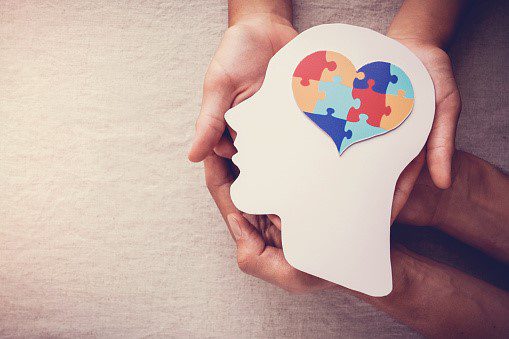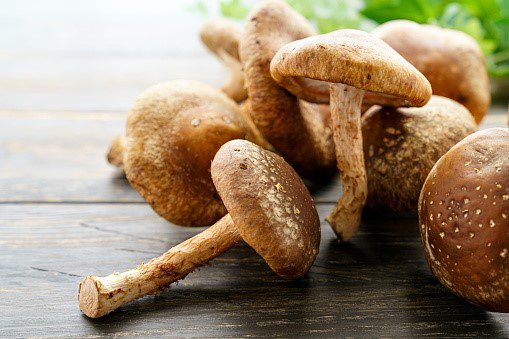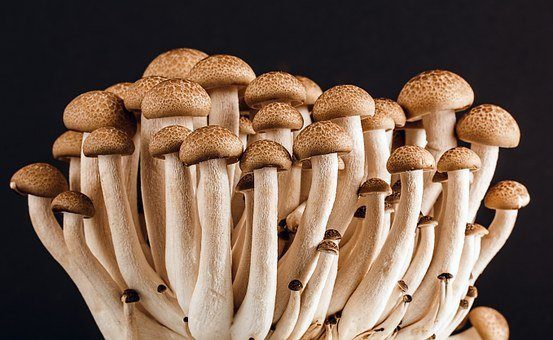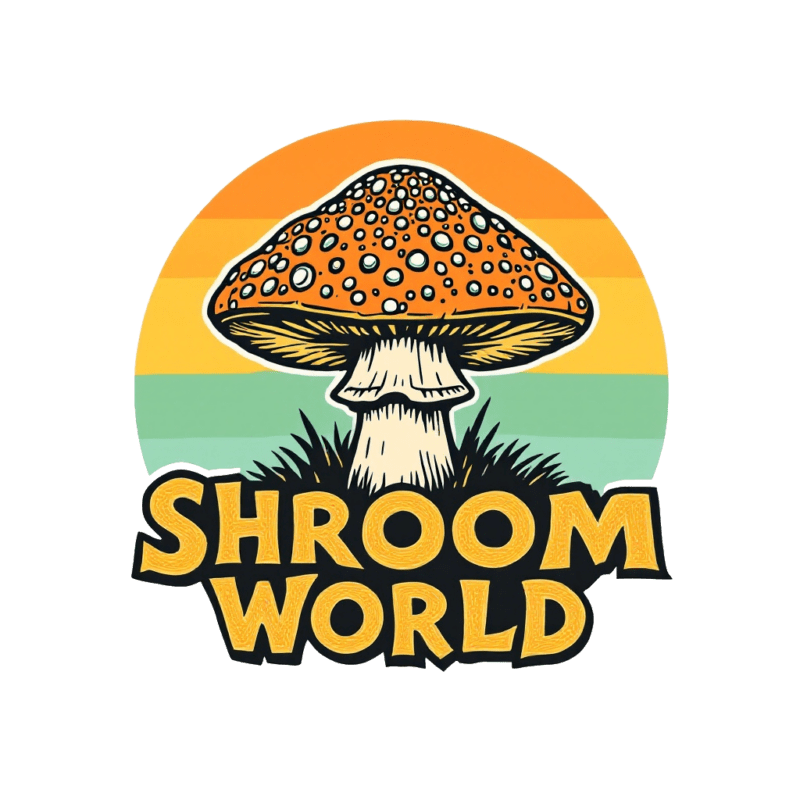
Rock paintings show historians that ancient North Africans used shrooms as far back as 9000 BCE. Historians found statues and other representations of mushroom use in the places where the ancient Mayan and Aztec civilizations thrived.
Aztecs called the fungi teonanacatl or flesh of the gods.
Many indigenous peoples, the Mazatec, Nauhua, Mixtec, and Zapatec, in Central America still use the same psychedelics their ancestors did.
Microdosing started to gain popularity almost a decade ago when people wanted to improve their cognitive abilities and in many cases professional efficiency.
People began to notice the medicinal qualities of mushrooms and other organic substances and wanted these benefits to help with distressing conditions such as anxiety, and menstrual pain without losing control of their actions.
Psilocybin activates neurotransmitters and neurons. Your neurotransmitters on shrooms fire in ways they aren’t programmed to and make pathways to the neurons they rarely contact. This phenomenon makes you “hear” colors, “taste” sounds, “see” tastes, and many more remixed senses — it is a literal rewire.
After the overwhelming euphoric state, your brain restabilizes and returns to a state of “rebalance.”
In one recent study with depressed patients on shrooms, the respondents said they felt their minds reset. These patients lost their depression symptoms and had better mental states for longer than with other treatments.
How psilocybin affects the brain still isn’t completely understood, but Nutt at Imperial College said that it appeared the compound disrupted negative thinking circuits through the 5HT2Z receptor in the brain.
“Standard anti-depressants protect against the stressors that lead to and perpetuate depression but don’t directly access and remedy underlying biopsychosocial causes,” he wrote in a paper he coauthored and published earlier this year.
“In contrast, psychedelic therapy harnesses a therapeutic window opened up by the brain via the effects of drugs to facilitate insight and emotional release.”

He said that the substance tended to work with “internalizing disorders” like depression or obsessive-compulsive disorder whereby individuals ruminate on failings or intrusive thoughts.
Another explanation could be more straightforwardly pharmacological, said Guy Goodwin, a professor emeritus of psychiatry at the University of Oxford — that psilocybin “is just a kick up the backside” of the serotonin system. Serotonin is a chemical and neurotransmitter in the digestive system, brain and blood system that regulates mood, social behavior, appetite, sleep, memory and sexual function.
Goodwin, who wasn’t involved with the research, said the main limitation of the John Hopkins study was the absence of longer-term follow-up — the team followed up with the participants only four weeks after the treatment. Depression for many people is a long-term condition, and determining if the treatment had lasting effects is a key missing factor.
What’s more, with studies like these, it can be hard to tease out the effects of the drug from the process of administering it, Goodwin said.
The study participants received about 11 hours of psychotherapy and received the drug under the care of trained professionals and in a setting designed to put the patient at ease.
“You get an effect irrespective of whether the treatment works because everyone is caring for you and looking out for you and measuring things. People like that and feel better for that. In a real comparison you’d do everything the same but the actual drugs.”
Depression
Depression is among the most researched indications for psilocybin therapy. As Healthline previously reported last year, psilocybin therapy was given “breakthrough therapy” designation (a review fast track) by the FDA for the treatment of depression.
The Usona Institute, a psychedelic research center, is currently in the planning stages of their phase III trial, which will likely begin this year.
Smoking cessation and other addictions
In a small pilot study from Johns Hopkins UniversityTrusted Source, researchers found that psilocybin therapy significantly improved abstaining from smoking over a 12-month follow-up period.
Matthew Johnson, PhD, associate professor of psychiatry and behavioral sciences at Johns Hopkins University School of Medicine, led that study.

According to him, psilocybin also has potential to treat other substance use disorders, including alcohol and cocaine addiction.
“The general idea is that the nature of these disorders is a narrowed mental and behavioral repertoire,” he told Healthline. “So, [psilocybin] in well-orchestrated sessions [has] the ability to essentially shake someone out of their routine to give a glimpse of a larger picture and create a mental plasticity with which people can step outside of those problems.”
In fact, a small open-label studyTrusted Source on psilocybin and alcohol dependence found that following treatment, both drinking and heavy drinking declined.
Researchers in Alabama are also currently conducting trials for psilocybin therapy on cocaine addiction.
Cancer-related psychological distress
“There’ve been some promising preliminary results in such areas such as the treatment of overwhelming existential anxiety in people who are facing the end of life,who have diagnoses of advanced-stage cancer,” Dr. Charles Grob, professor of psychiatry at the UCLA David Geffen School of Medicine, told Healthline.
Grob, who’s also affiliated with the Heffter Research Institute, has studied psilocybin extensively and authored research on the subject, including, among other things, a pilot studyTrusted Source in 2011 on psilocybin treatment for anxiety in people with cancer.
A randomized, double-blind trial from Johns Hopkins in 2016 found that a single dose of psilocybin substantially improved quality of life and decreased depression and anxiety in people with life-threatening cancer diagnoses.
“The thing that we have the most evidence for is cancer-related depression and anxiety. That seems really strong, and I’d be surprised if those results didn’t hold up,” Johnson said, who was part of that research.
